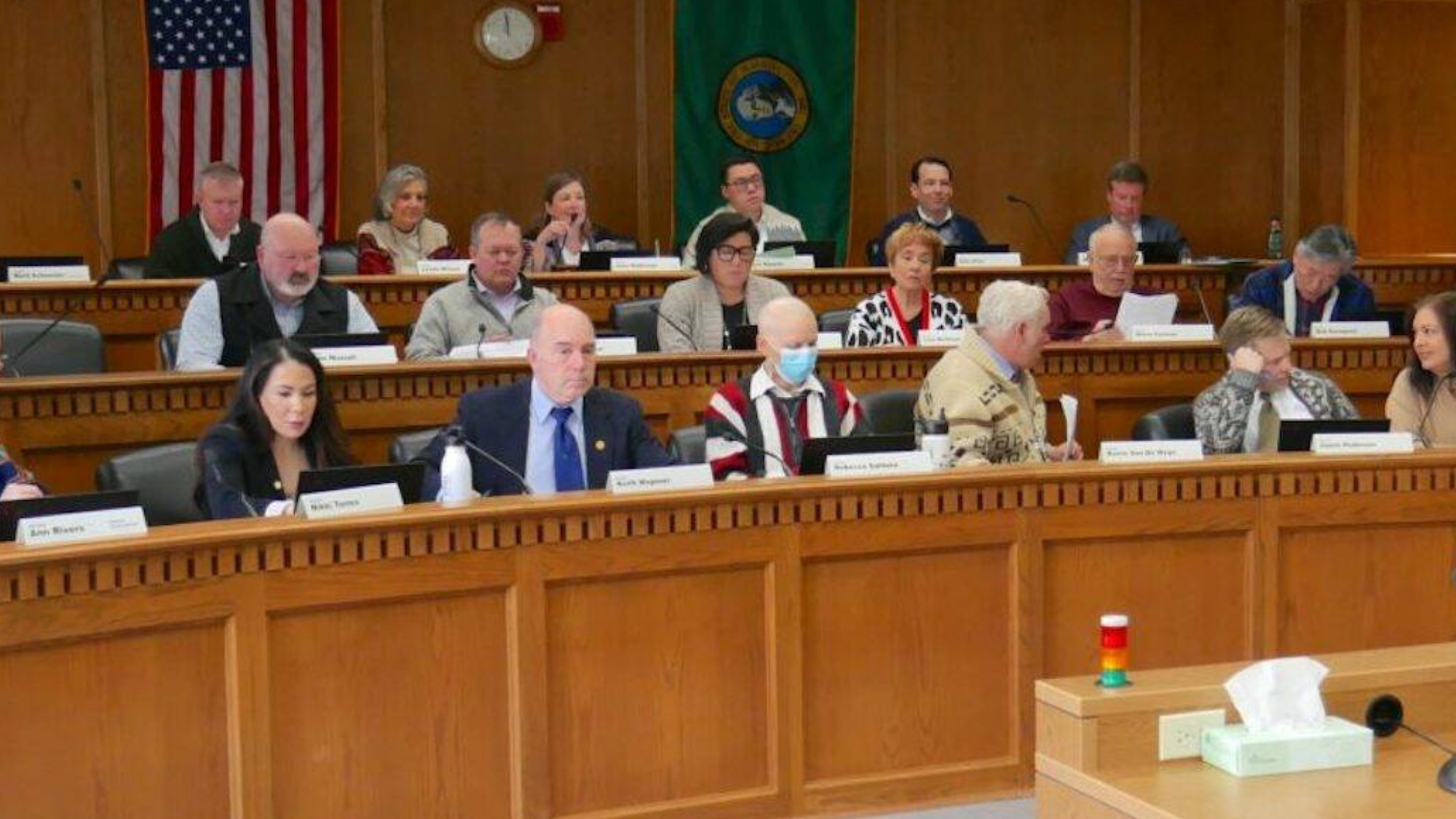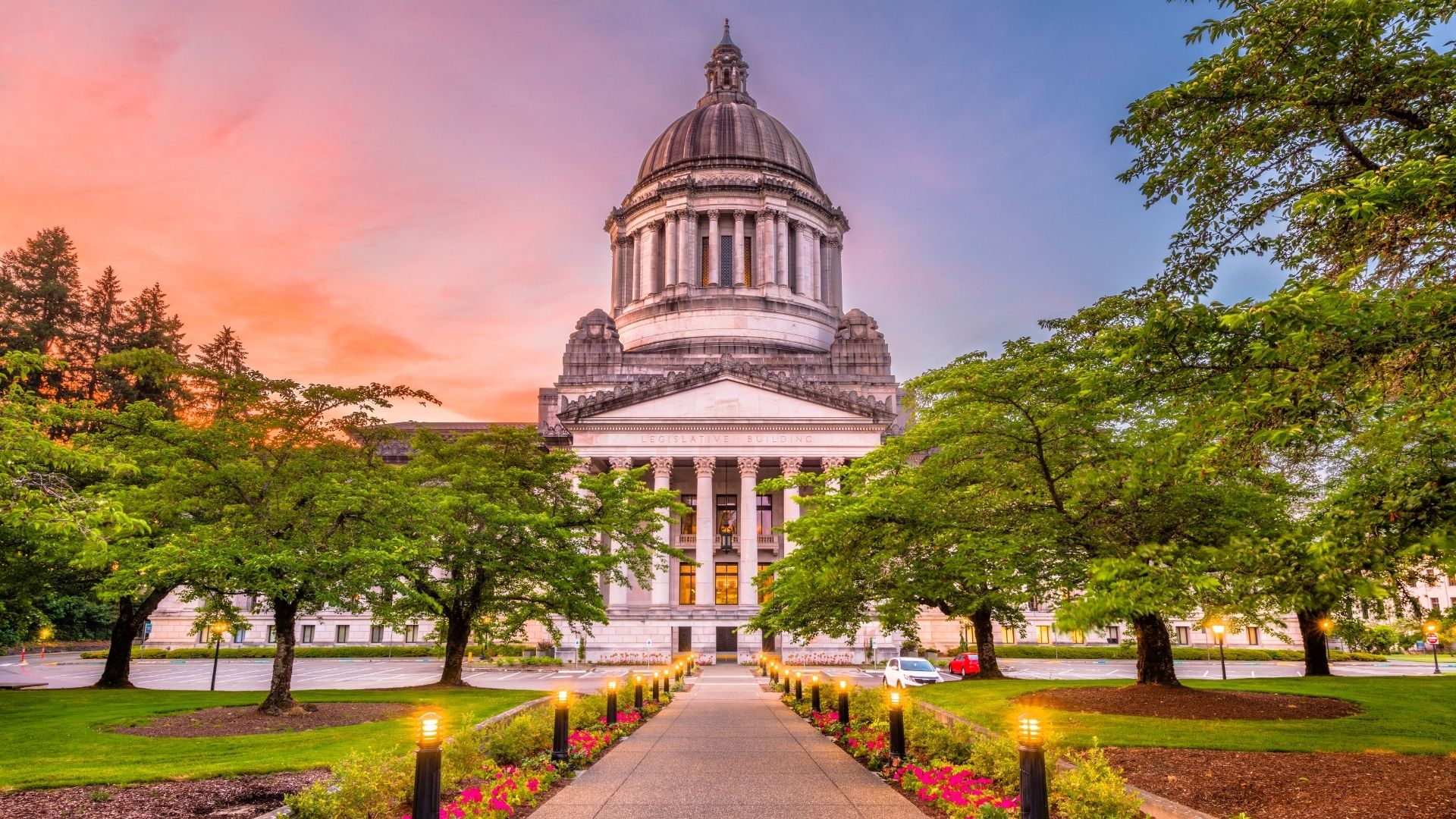
Last week, the Legislature held its pre-session warm-up, which included briefings from the Revenue Forecast Council and the Caseload Forecast Council.
The key takeaway was that Washington State’s economy continues to grow, but at a slower pace than in recent years. With this economic slowdown, tax revenues have also decelerated. Washington relies primarily on three main tax sources: sales and use tax, property tax, and business and occupation (B&O) tax. The state does not have a personal income tax.
Projections suggest that to maintain current program costs, Washington will face a shortfall of several billion dollars over the next few years. Estimates range from $6 billion to $12 billion, depending on the source—figures that seem to keep increasing.
So, is the state in a deficit? The honest answer is “no.” What we’re facing is a self-imposed spending problem that has persisted for years.
When the economy was booming and tax revenues were at record highs, the Legislature expanded or created new programs. However, a hot economy inevitably cools, and those expanded and new programs become harder to sustain.
Historically, tax collections in Washington—aside from rare exceptions like the Great Recession—have steadily increased, often outpacing inflation. The issue is that state spending obligations continue to grow faster than revenues.
Now, there is already talk of massive tax and fee increases, as proposed by the outgoing Governor, who will retire in mid-January. Instead, the Legislature and the incoming Governor should focus on reining in government spending, prioritizing programs that serve Washington’s citizens, and setting aside funds to prepare for the next economic downturn.

